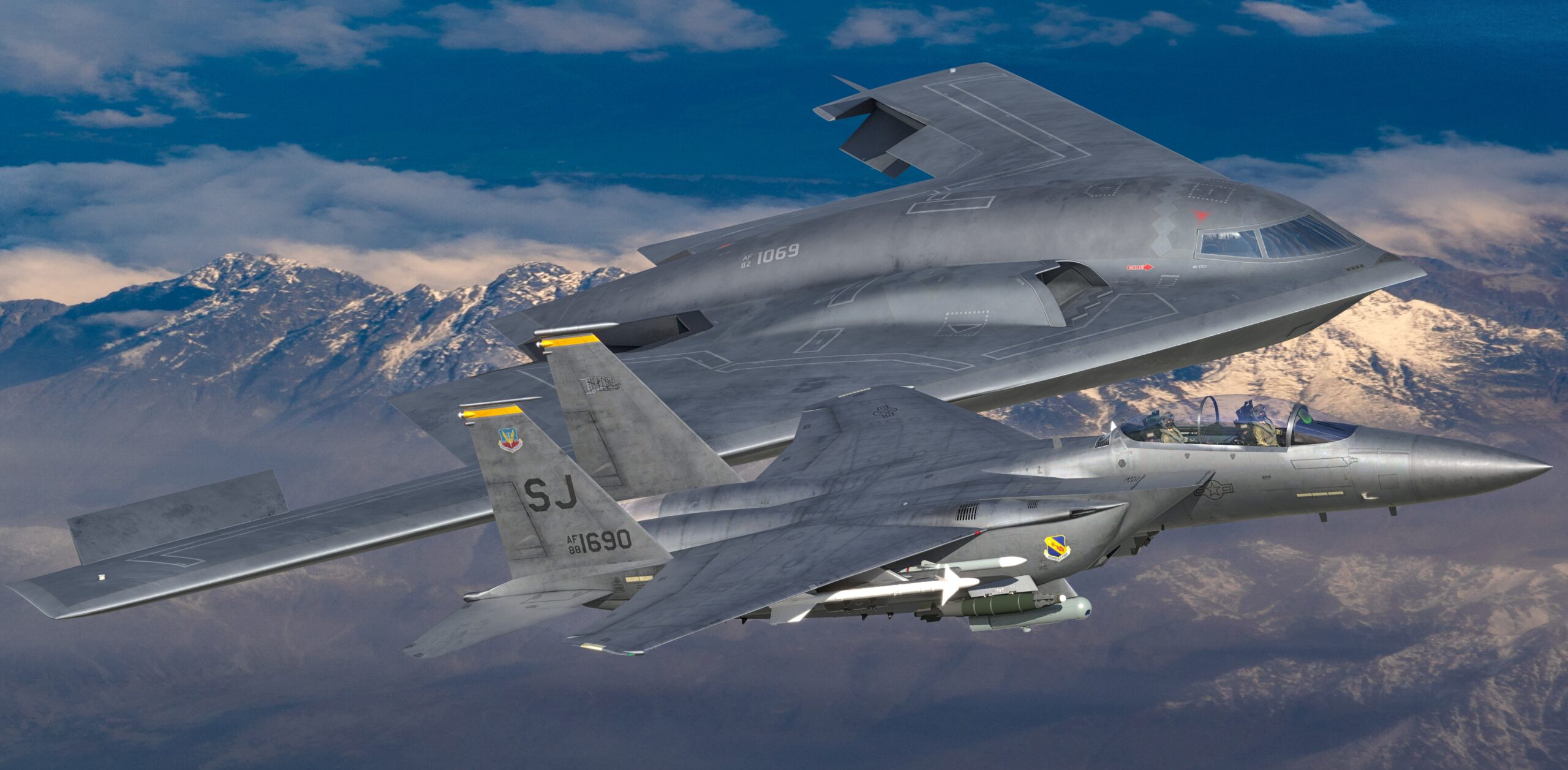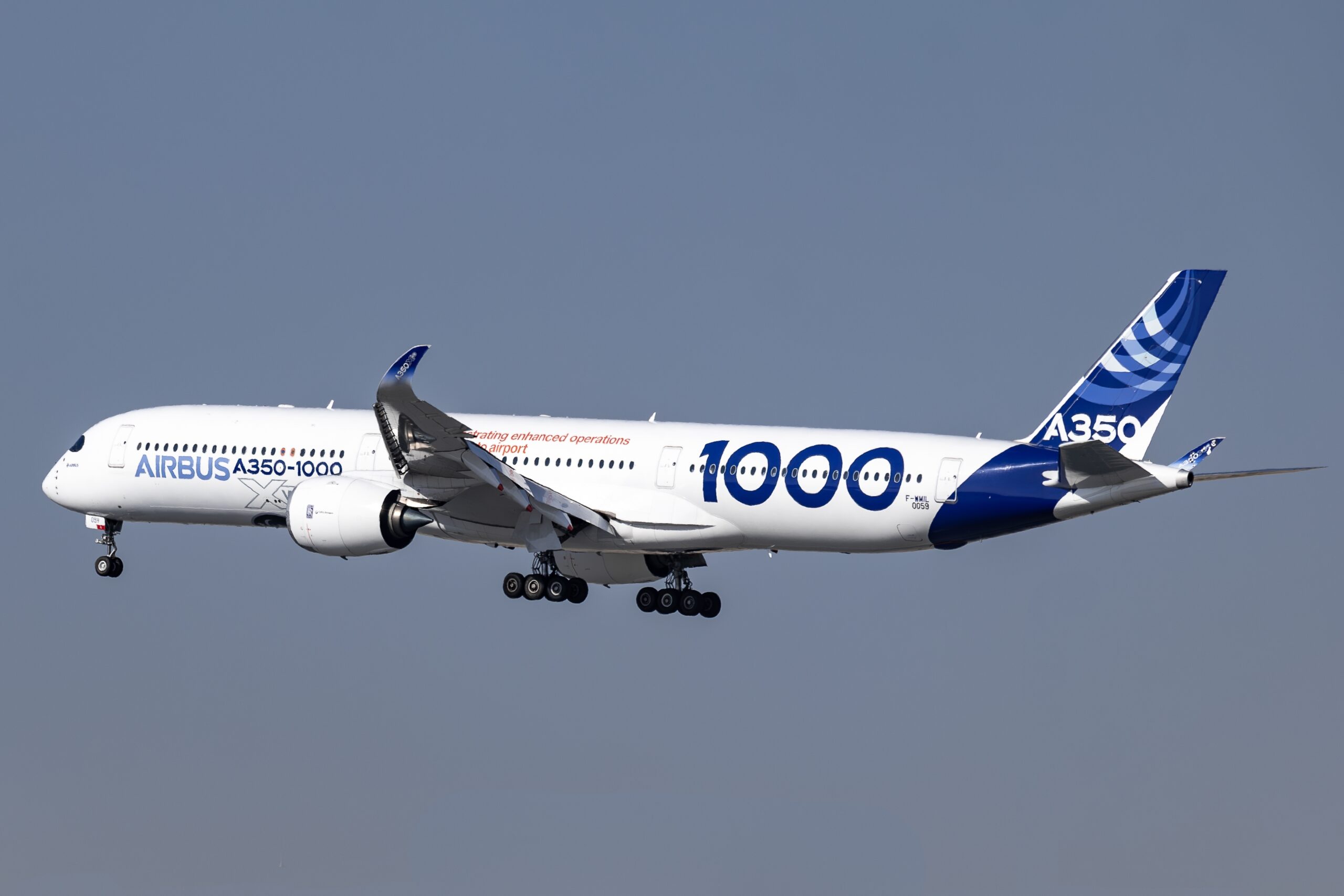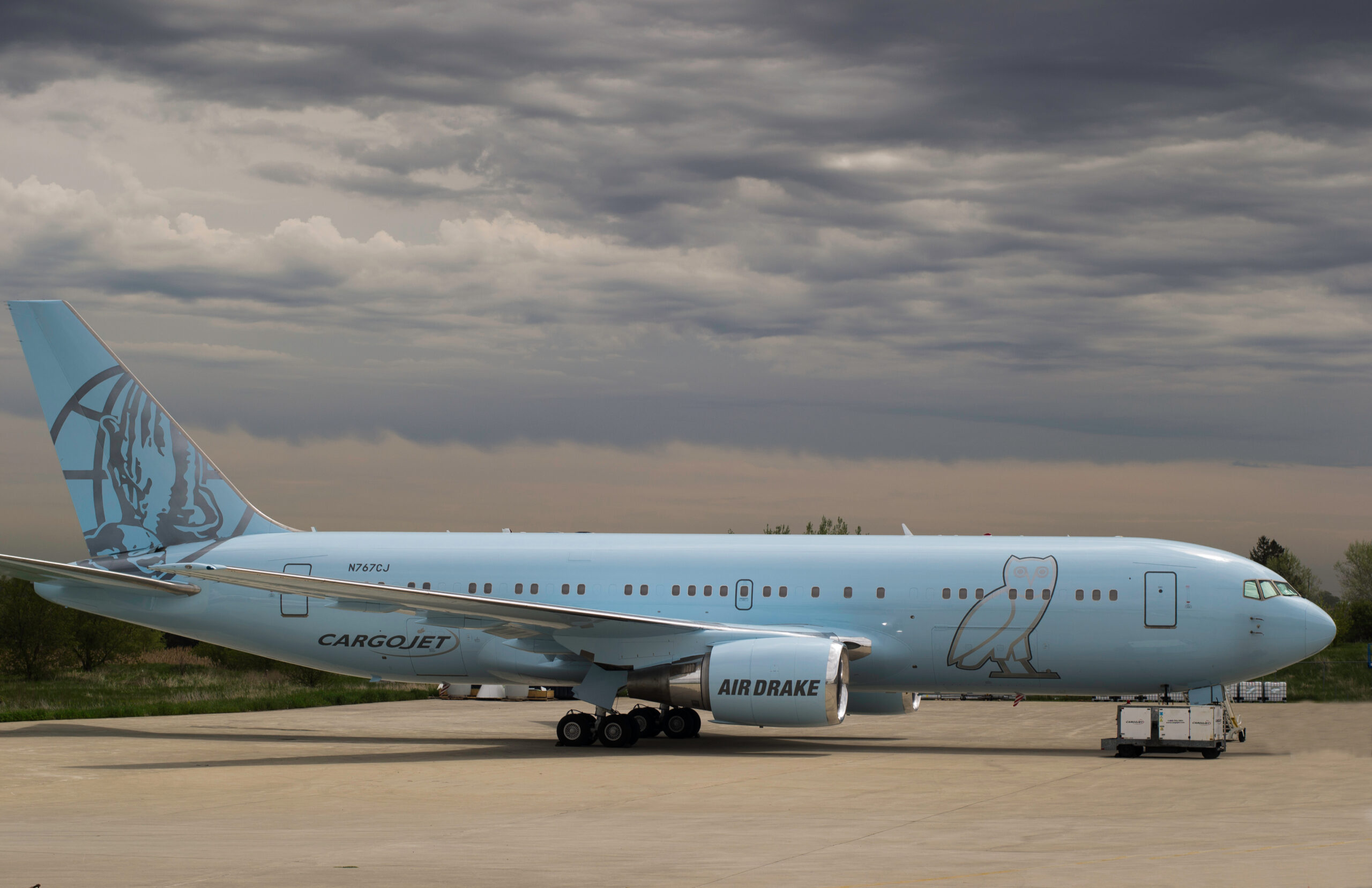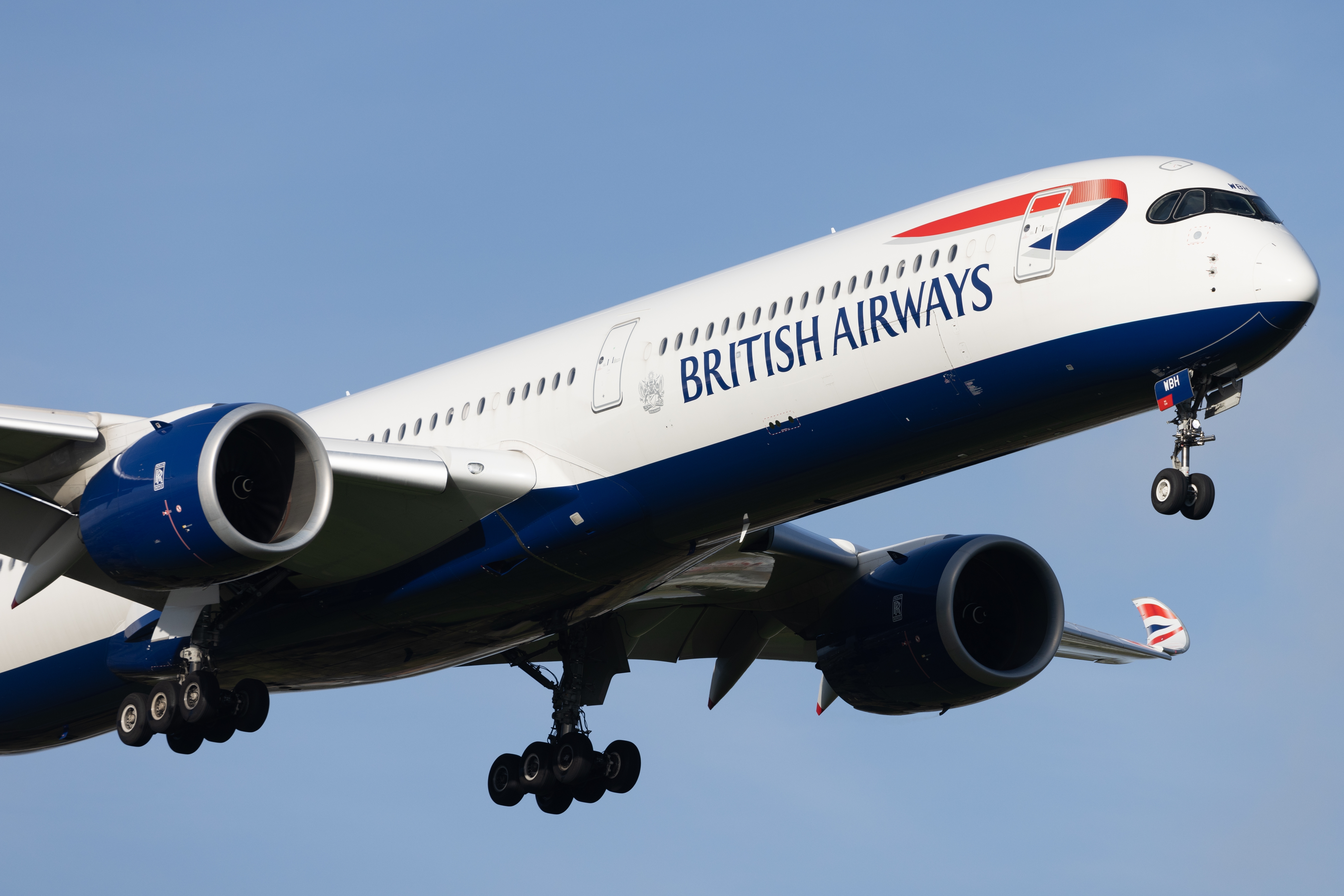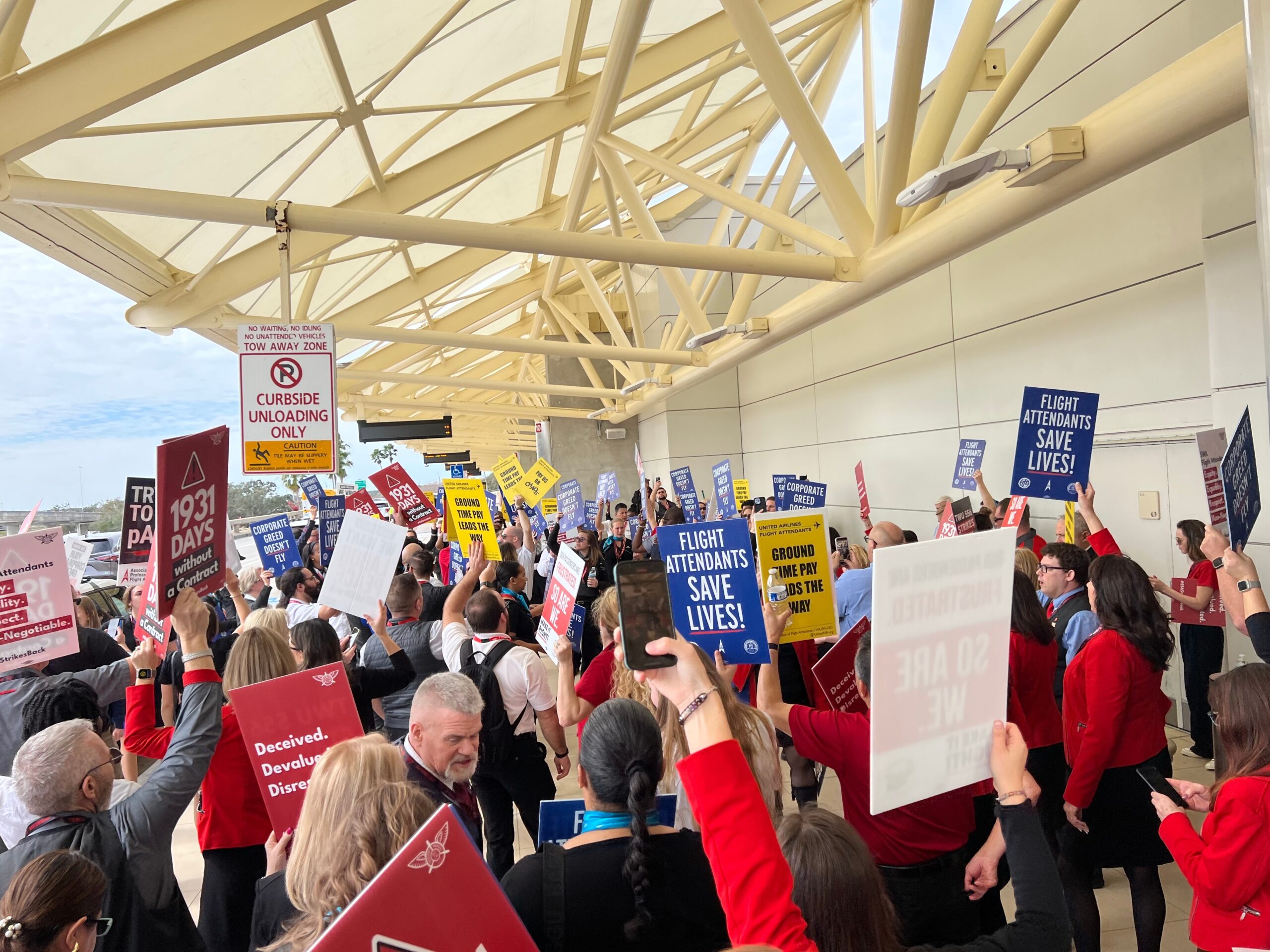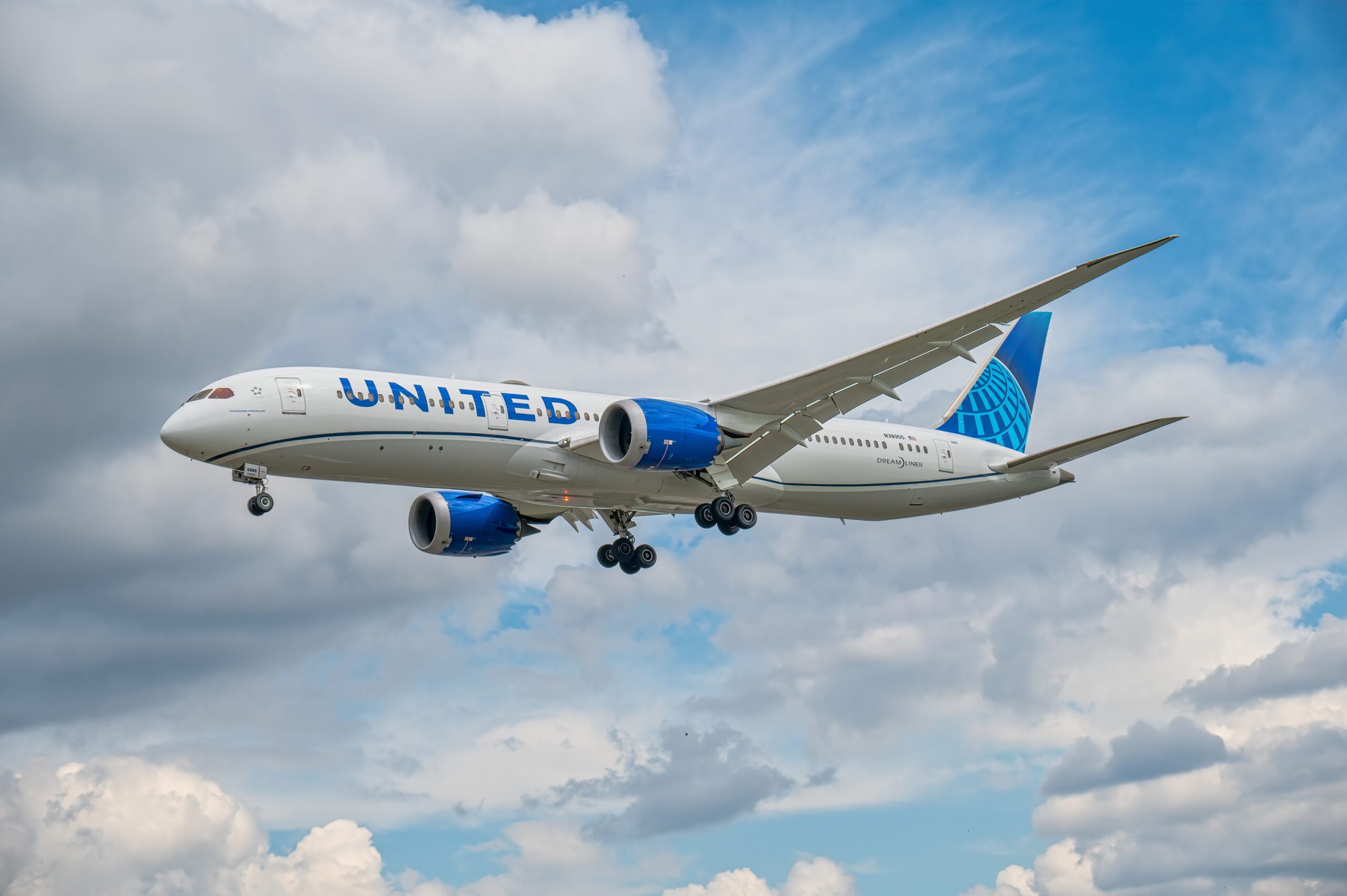Southwest Pilot Hiring
Southwest Pilot Hiring
Requirements for Becoming a Southwest Pilot
Southwest Airlines sets a fairly high bar for its pilot candidates. They require a minimum of 2,500 hours of total flight time. Applicants need at least 1,500 hours of Pilot in Command (PIC) time in a fixed-wing aircraft. Additionally, they need 1,000 hours of turbine engine time.
All candidates must hold an Airline Transport Pilot (ATP) certificate and a First Class Medical Certificate. They must also have a Bachelor’s degree or a combination of education and experience equating to a degree. Southwest values diverse experience, so military flying and commercial crew operations are both acceptable backgrounds.
Application Process
Prospective pilots begin by submitting an application through the Southwest Airlines careers website. The application includes basic details, resume, and flight hour logs. Once pre-screened, pilots may get an invitation for an initial phone interview. If successful, this is followed by an in-person interview.
During the in-person interview, candidates face a technical evaluation and a panel interview. Southwest looks for not only technical skills but also personality fit with their company culture. They want team players who can stay calm under pressure.
Candidates who pass this stage move on to simulator evaluations. This assesses their handling of various in-flight scenarios. After their skills are evaluated, pilots undergo a thorough background check, drug test, and medical examination.
Pilot Training Program
Once hired, new pilots enter Southwest’s training program, which is known for its rigor and comprehensiveness. Training includes ground school, where pilots familiarize themselves with Southwest’s procedures and aircraft systems. They also learn about company policies and safety protocols.
Next, they receive hands-on training in a full-motion flight simulator. This phase emphasizes emergency procedures, advanced maneuvers, and crew resource management. Instructors simulate various flight conditions to test and improve pilots’ decision-making skills.
After simulator training, pilots begin line training, where they operate flights under the supervision of an experienced captain. This phase ensures they are competent and comfortable handling real-world flight scenarios. It also helps them integrate into Southwest’s culture of safety and customer service excellence.
Compensation and Benefits
Southwest Airlines offers competitive salaries and a benefits package. Starting pay for first officers is among the highest in the industry. As pilots gain seniority, their pay increases significantly.
Southwest provides comprehensive health and wellness benefits, including medical, dental, and vision insurance. Pilots also get access to a robust retirement plan. The company contributes to both a 401(k) and a profit-sharing plan. Additionally, Southwest offers travel benefits. Pilots and their families can fly for free or at reduced rates on many flights.
Other benefits include paid vacation, sick leave, and life insurance. Southwest’s strong emphasis on work-life balance and a supportive work environment makes it a desirable place to work.
Company Culture
Southwest Airlines is known for its unique and laid-back company culture. They emphasize a fun, friendly atmosphere where employees feel valued. Teamwork and mutual respect are core principles.
Their culture extends to their treatment of customers, with a focus on providing excellent service and creating a positive travel experience. Pilots are expected to embody these values and actively contribute to maintaining the airline’s positive reputation.
Southwest also encourages community involvement. They support various charitable causes and environmental initiatives. Pilots often participate in community service events and company-sponsored volunteer opportunities.
Diversity and Inclusion
Southwest is committed to promoting diversity and inclusion within their workforce. They strive to create an environment where everyone feels welcome and respected.
The airline has various programs aimed at increasing diversity among their employees, including scholarship programs and partnerships with organizations that support minority groups in aviation.
Pilots from diverse backgrounds are encouraged to apply. Southwest values different perspectives and believes that a diverse team enhances their overall performance.
Career Advancement
Southwest offers numerous opportunities for career advancement. Pilots can move up through the ranks, progressing from a First Officer to a Captain over time.
The company also offers opportunities to take on leadership roles. Pilots can become involved in training new hires, participating in safety committees, or even moving into management positions.
Southwest’s focus on internal promotion ensures that their pilots have a clear career path and opportunities for professional growth.
Challenges and Realities
The path to becoming a Southwest pilot is not without its challenges. The selection process is competitive and rigorous. Pilots must dedicate significant time and resources to meet flight hour requirements and complete the training program.
The job itself also comes with its demands. Pilots must be prepared for irregular hours, including nights, weekends, and holidays. They must manage fatigue and stay alert during long flights.
Nevertheless, the rewards of a career with Southwest can be significant. The potential for a high salary, excellent benefits, and the opportunity to travel make it an attractive option for many aspiring pilots.

